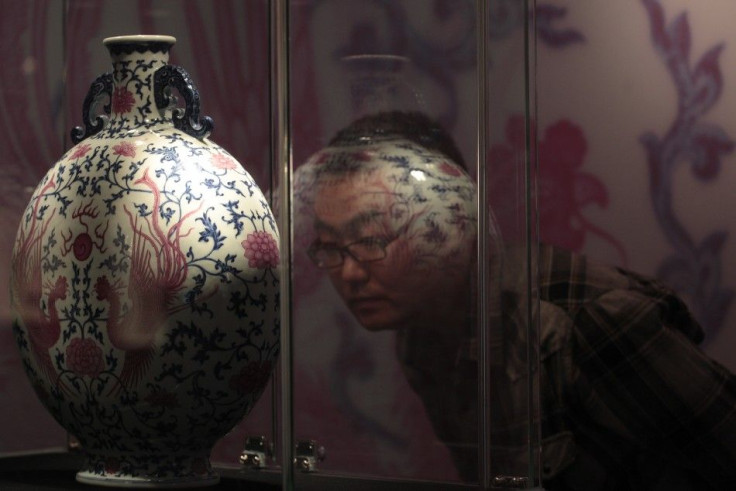UK loses to China in the global art and antique market

A new study by The European Fine Art Foundation states that China overtook the United Kingdom to move into the second spot for the very first time in the global art market.
According to the research, the changes in the industry are driven by a strong performance in the United States and huge growth in China. The new report 'The Global Art Market in 2010: Crisis and Recovery,' conducted by the foundation, also indicates a 52 percent rise in the market from its 2009 low point.
Another crucial point mentioned by the reports is that the already weakened European art and antiques market will face further struggles owing to an EU art tax due to be extended in the UK, Ireland, the Netherlands and Austria next year.
In 2008, owing to recession, total sales in the global market for fine and decorative art fell over 12 percent from its peak in 2007. Sales slipped further in 2009 dropping by about 26 percent. In fact, the period from 2007-2009 saw one of the biggest contractions in the art market since its previous recession in the early 1990s.
However, the new report states that Luxury spending contracted sharply in many countries during 2009; but 2010 brought the first signs of economic recovery with a rebound in consumer confidence and with Chinese consumers driving growth in many luxury sectors.
'The Global Art Market in 2010: Crisis and Recovery' also examines the EU's plan to extend the resale levy on works by artists who have died within 70 years of the date of the sale to all member nations by 2012.
At the moment the UK, Ireland, the Netherlands, Austria and Malta, which did not previously apply the tax, are exempted from it.
The levy already applies throughout the EU to works by living artists but the market for recently deceased artists is much larger. However, important non-EU markets like the US and China are indicating no plans to introduce the tax.
© Copyright IBTimes 2024. All rights reserved.











